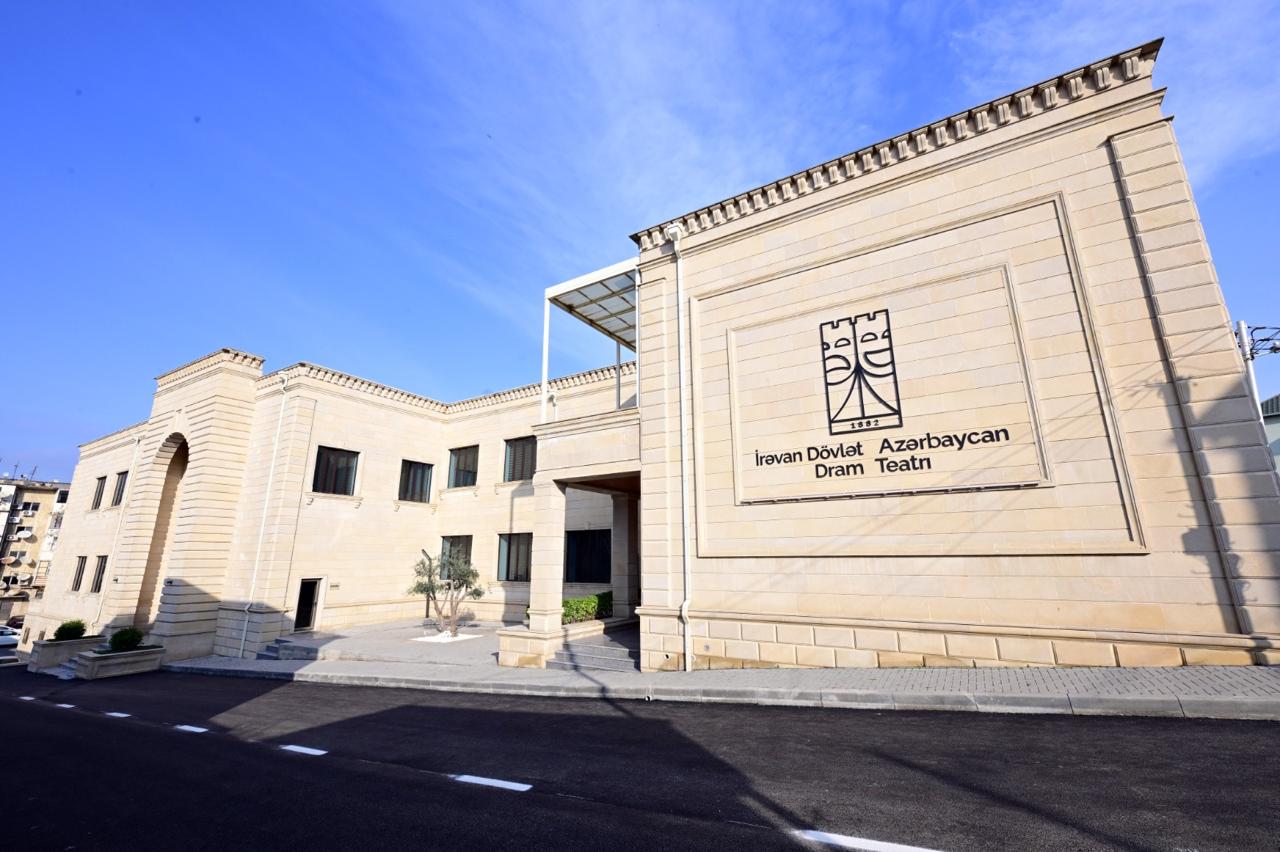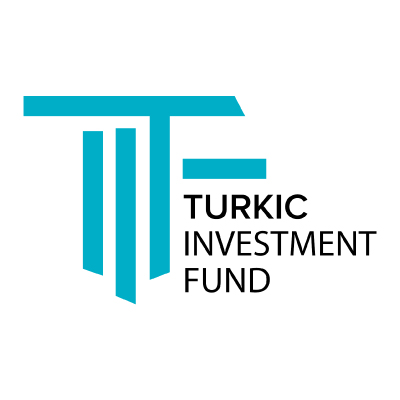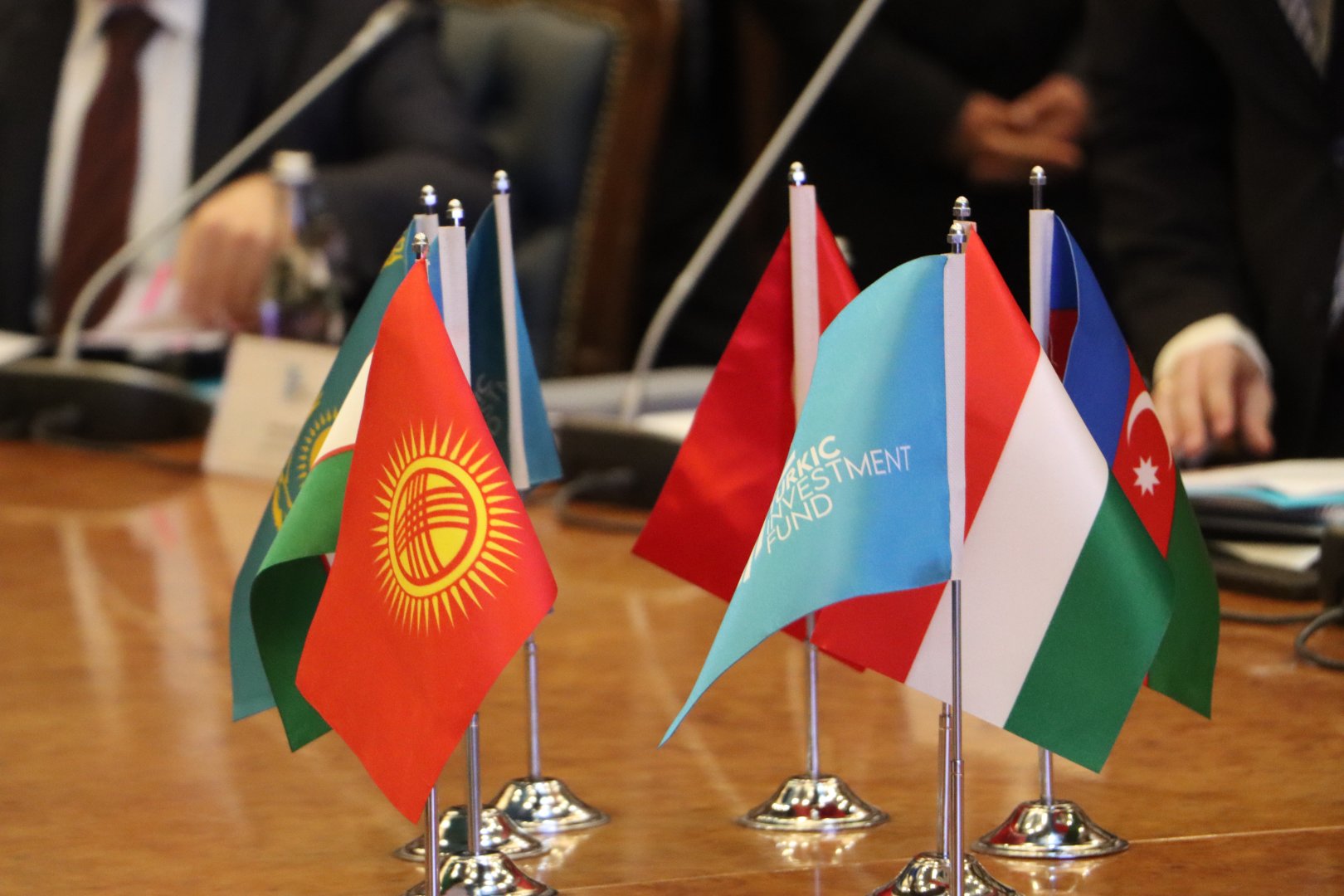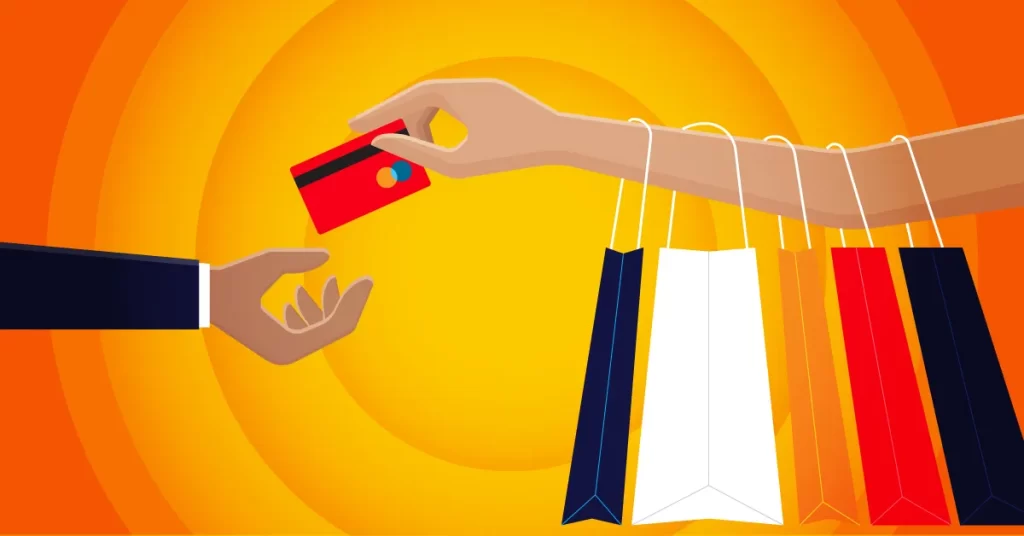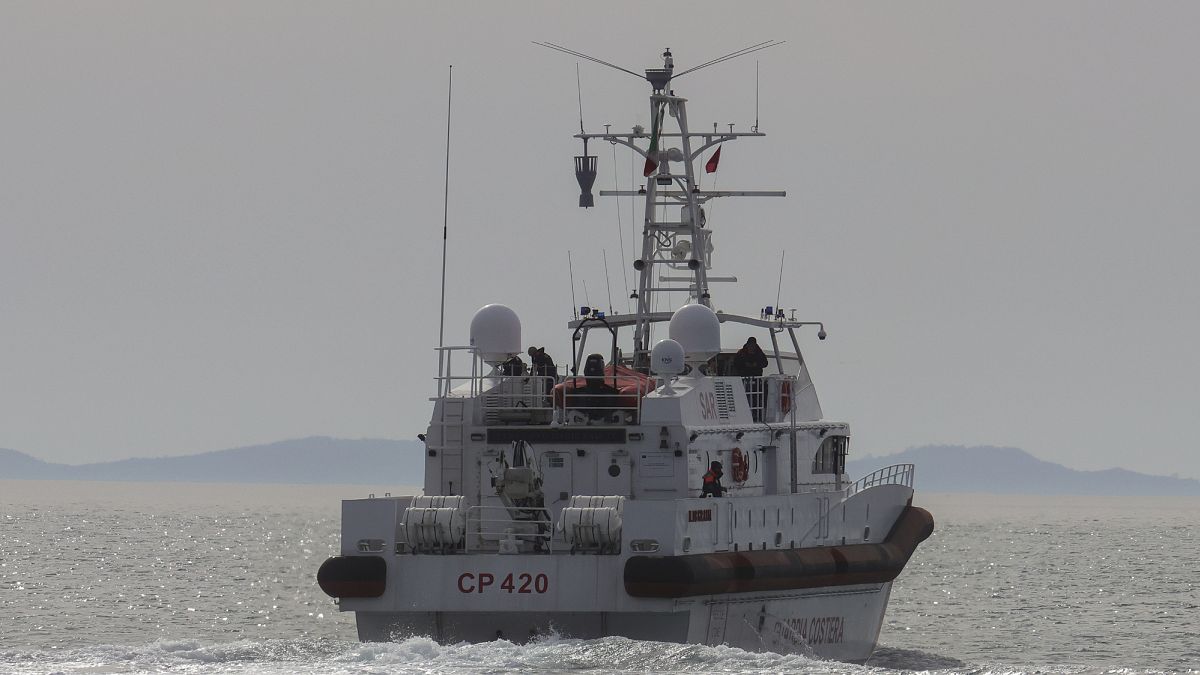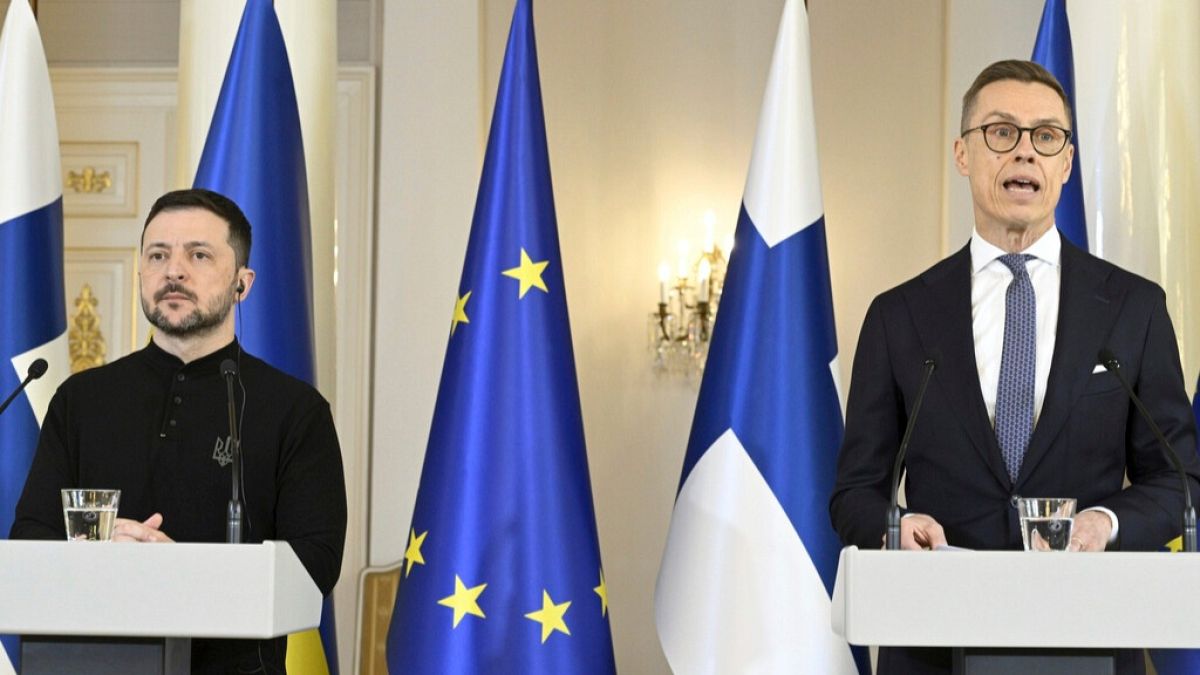Rail travel gaining steam as DiscoverEU encourages young Europeans to take the train

Plane, car, bus, and boat – there are many ways to travel in and around Europe. But one mode of transport is gaining significant popularity, especially among young people: the train.
According to the European Union’s statistical office, Eurostat, in 2023 EU rail passenger transport hit its highest level in years, with passengers travelling a total distance of 429 billion kilometres by train.
Across Europe, excitement for train travel has been consistent since after the Covid-19 pandemic, which officially began in March 2020. In 2023, rail passenger transport in the EU increased by 11.2 percent compared to 2022 and almost doubled in comparison with 2020.
“International long-distance travel is booming,” said Michael Peterson, head of long-distance transport at Germany’s national railway company Deutsche Bahn (DB). He noted that 2024 was the strongest year in this sector for the German railway, with a 22-percent growth compared to the pre-Covid year of 2019.
According to a report published in June by the French authority for transports (ART), train usage in France broke a record for the third consecutive year in 2024, confirming the growth of rail transport observed since the end of Covid. There were 6 percent more passengers in 2024 compared to 2023, representing an identical increase to the previous year, ART said.
Summer train usage also significantly improved compared to the previous year, fuelled by the Olympic Games in Paris and the rail pass, which allowed young people aged 16 to 27 to unlimited travel on regional trains for 49 Euro per month.
Other countries also actively encourage train travel through national and regional initiatives. For example, the 2025 edition of Spain’s Verano Joven (Young Summer) programme has allocated 120 million Euro to offer 18- to 30-year-olds discounts of up to 90 percent on medium-distance trains and up to 50 percent on high-speed trains.
The EU also aims to encourage young people to travel by train through the DiscoverEU initiative. Over 1.6 million have applied since its launch in 2018, and 391,000 travel passes have been given so far.
What is DiscoverEU?
DiscoverEU is an initiative through the European Union’s Erasmus+ programme that gives 18-year-old EU citizens or legal residents a chance to travel across Europe by rail for free with a so-called Travel Pass.
There are two calls for applications each year, one in spring and one in autumn. Applicants have to take part in a quiz as part of the application process, unless they apply as part of a group.
Young people from non-EU states including Iceland, Liechtenstein, Norway, North Macedonia, and Türkiye are also eligible to apply due to their association to the Erasmus+ programme.
In addition to the Travel Pass, participants also receive the DiscoverEU Youth Card, which offers discounts on public transport, hotels, food, and cultural, sporting and other activities in 36 European countries.
The national Erasmus+ agencies also organise meetings before, during and after the trip. In Bulgaria, for example, the Erasmus+ National Agency organises pre-departure events and networking opportunities, while participants are encouraged to share travel stories and photos on social media.
The April 2025 DiscoverEU application was open to people born between July 1, 2006 and June 30, 2007. Across the EU, some 156,516 young people applied for the trips and 35,753 were selected.
By country, the highest number of applications came from young people in Germany (24,194), Spain (21,414), Poland (15,932), and the Netherlands (13,106).
The countries with the most successful applicants were Germany (6,143), France (4,977), Italy (4,394), and Spain (3,501).
Other countries with lower but notable numbers of successful applicants include Romania (1,489), Austria (715), and Bulgaria (561).
Austria’s minister for European affairs has praised the initiative in the past.
“There is no better way to experience Europe than with an Interrail ticket. Projects like these make Europe not just a spot on the map, but part of our identity. It’s a great opportunity to get to know other people and cultures while also being ambassadors for Austrian culture.”Claudia Plakolm (ÖVP), Minister for Europe, Integration and Family of Austria
Austrian MEPs Andreas Schieder and Hannes Heide (SPÖ) in turn highlighted that DiscoverEU enables young people to travel sustainably: “It is a great opportunity to make train travel attractive to young people in the EU as a climate-friendly means of transport. The future of European mobility lies on the rails.”
The European Commissioner responsible for DiscoverEU and Erasmus+ has called on young people to take advantage of the initiative.
“This is not just a trip, it’s a life-changing journey. Every station, every café, every new face you meet, adds to your story. You’re not just seeing Europe; you’re living it. To every young explorer with a travel pass in hand: go out there and make it unforgettable!”Glenn Micallef, European Commissioner for Intergenerational Fairness, Youth, Culture and Sport
No integrated European rail network, but DB has a plan
Although the idea of an interconnected European railway system lives on, the reality is less clear-cut if you’re a regular traveller.
Problems often begin with ticket purchases. For cross-border journeys, multiple tickets are often required, each purchased separately. This is not only inconvenient but also means passenger rights, such as compensation for missed connections, do not apply.
“Problems often arise when a railway line reaches a national border,” said Sebastian Wilken, who writes about international train travel on his blog Zugpost. These issues include power supply, signalling and safety systems, track gauge differences and even the language skills of train drivers.
The European Union has long recognised the problems. Commission President Ursula von der Leyen has noted that cross-border rail travel remains too complicated for many citizens. “People should be able to use open booking systems to purchase trans-European journeys from multiple providers without losing their right to refunds or alternative travel,” she said in her Political Guidelines for the European Commission published in July 2024.
The European Commission plans to propose legislation for “uniform digital booking and ticketing services” intended to ensure that “Europeans can buy a single ticket on a single platform and exercise their passenger rights for the entire journey”.
European railways agreed years ago to implement the Open Sales and Distribution Model, or OSDM interface standard. DB’s Peterson described it as “the language through which European railways and sales service providers exchange their data”. This will give DB access to the complete ticket portfolio of participating railways and vice versa.
For DB, access will initially start this autumn, when the Austrian Federal Railways (ÖBB) and Swiss Federal Railways (SBB) are set to be made available. New partners are expected to join monthly. “We expect that by the end of next year, Europe will be almost comprehensively connected,” said Peterson.
Then booking tickets across Europe – whether from Oslo to Athens or Warsaw to Barcelona – will be possible in a single step. Lower-cost tickets via DB competitor Flix will however not be available on this system.
Editorial note: The spelling of Claudia Plakolm’s name has been updated.
This article is an enr Key Story. The content is based on news by agencies participating in the enr.

